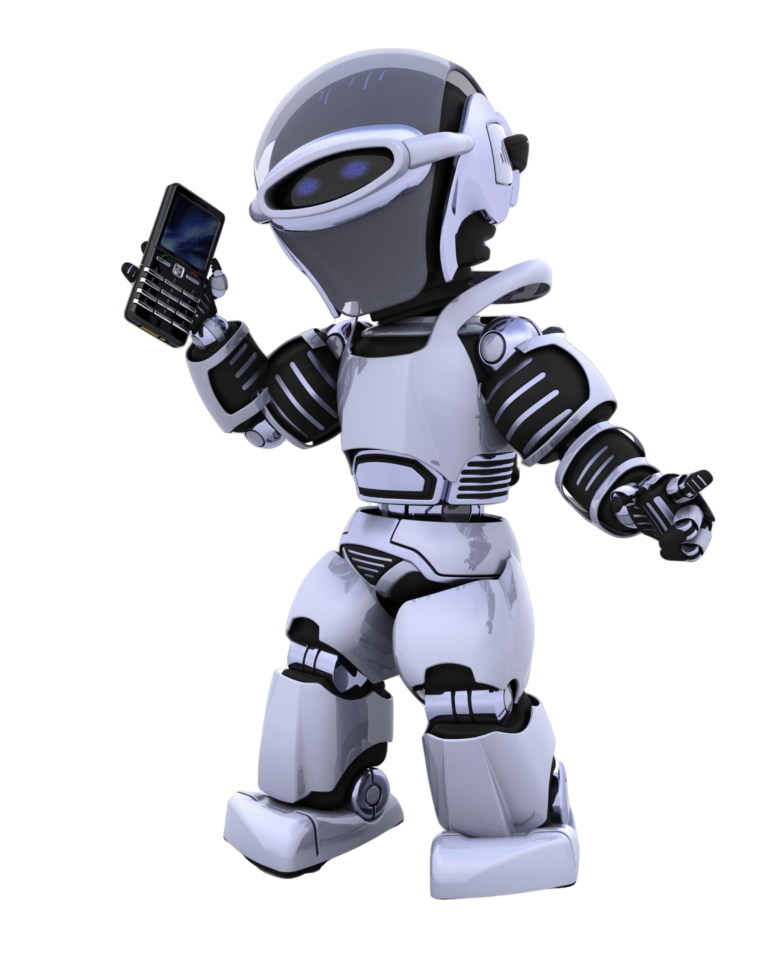Introduction
ChatGPT and Google are two of the most popular Artificial Intelligence (AI) technologies in 2023. They both provide powerful AI solutions and have drastically changed the way we interact with machines. This article will provide an in-depth comparison of the two technologies, highlighting their features, advantages, and disadvantages. We will also try to provide an insight into which technology is better suited for different use cases.
Overview of ChatGPT
ChatGPT is an AI-powered chatbot that can understand natural language input and provide users with natural language responses. Developed by the researchers at Carnegie Mellon University, ChatGPT is based on the same underlying technology as Google’s natural language processing (NLP) engine. The technology uses context-based machine learning algorithms to understand the user’s intent and provide a response based on the conversation’s context. It is an open-source technology and has been used in various chatbot applications, including customer service chatbots.
Overview of Google
Google is one of the most popular and powerful AI technologies in the world. It is a suite of AI-powered services and products that can be used to solve various problems. It includes various products, such as Google Cloud Platform, Google Search, Google Maps, Google Assistant, and many more. Google’s NLP engine is one of the most powerful AI technologies out there and is used in various applications, such as natural language processing, text mining, and machine translation.
Comparison of Features
The comparison of features between ChatGPT and Google can be divided into two categories: Natural Language Processing (NLP) and Machine Learning.
Natural Language Processing (NLP):
ChatGPT is an open-source AI-based chatbot and is based on the same underlying technology as Google’s natural language processing (NLP) engine. It is capable of understanding natural language input and responding with natural language output. Google, on the other hand, is a suite of AI-powered services and products that can be used to solve various problems. It includes various products, such as Google Cloud Platform, Google Search, Google Maps, and Google Assistant. Google’s NLP engine is one of the most powerful AI technologies out there and is used in various applications, such as natural language processing, text mining, and machine translation.
Machine Learning:
ChatGPT is powered by machine learning algorithms that allow it to understand the user’s intent and provide a response based on the conversation’s context. Google’s AI-powered services and products also use machine learning algorithms for various applications. Google’s machine learning algorithms are used for various tasks, such as image recognition, text-to-speech conversion, and natural language processing.
Advantages and Disadvantages
ChatGPT has several advantages over Google. Firstly, ChatGPT is open-source and can be used for various applications without any licensing fees. Additionally, ChatGPT is based on the same underlying technology as Google’s natural language processing engine and is therefore more accurate and efficient than Google’s NLP engine.
However, Google has the advantage of being a suite of AI-powered services and products. This means that it can be used for various applications and can provide users with a much wider range of features and functionalities. Additionally, Google’s machine learning algorithms are more powerful and accurate than ChatGPT’s.
Conclusion
ChatGPT and Google are two of the most popular AI technologies in 2023. They both provide powerful AI solutions and have drastically changed the way we interact with machines.
ChatGPT has the advantage of being open-source and more accurate than Google’s NLP engine. However, Google has the advantage of being a suite of AI-powered services and products, which provides users with a much wider range of features and functionalities.
Which technology is better for a particular use case will depend on the user’s needs and requirements. Ultimately, both technologies have their own advantages and disadvantages and should be used for the best possible outcome.

